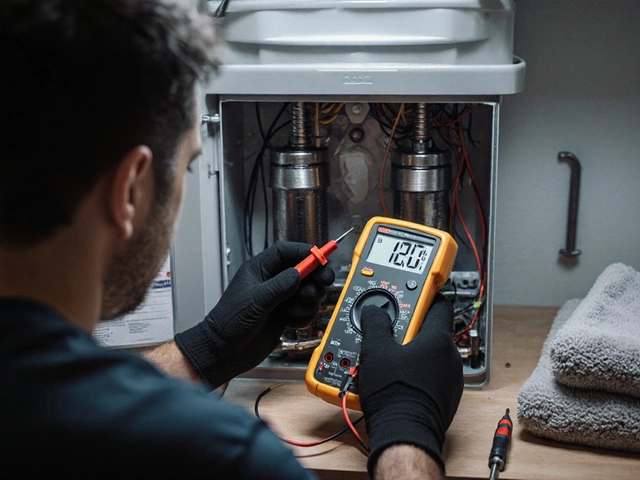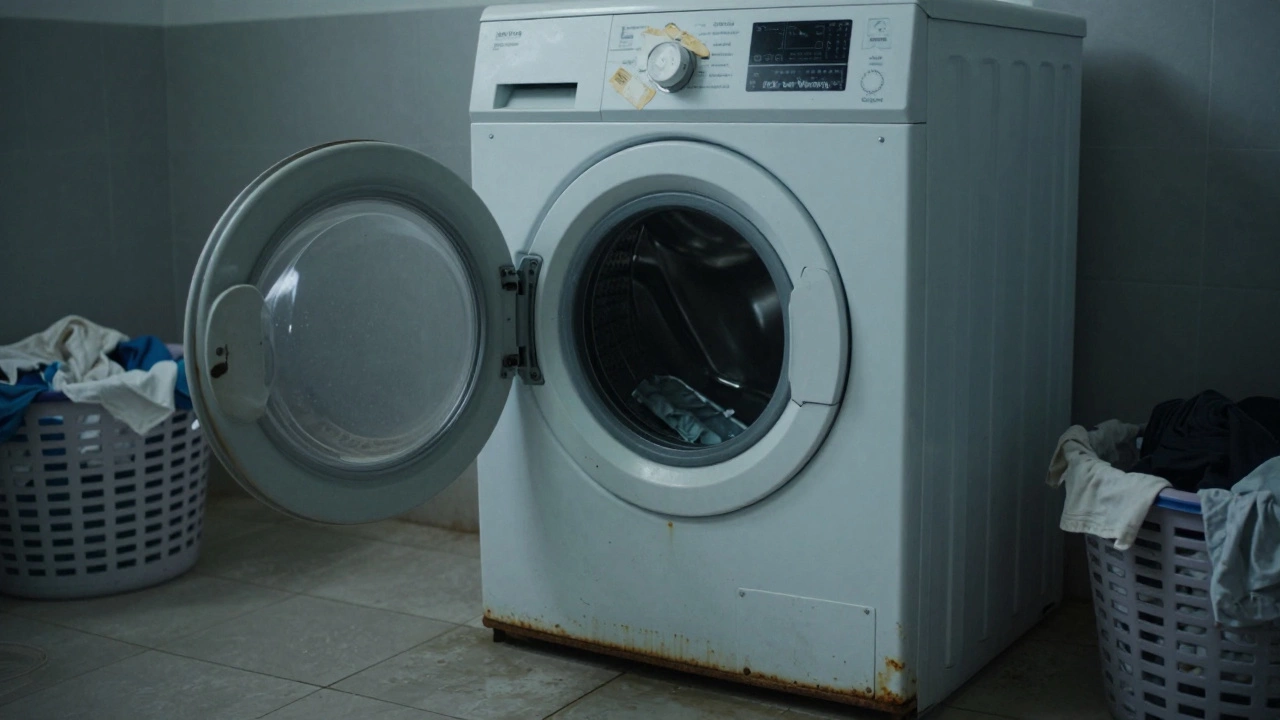Appliance Longevity: Simple Tips to Keep Your Home Appliances Running Longer
Ever wonder why some appliances seem to work forever while others give up after a few years? The secret is usually how we treat them day‑to‑day. A few easy habits can add years to your fridge, washing machine, oven, or any other gadget you rely on.
Everyday habits that add years
First off, keep things clean. Dust on a fridge coil or lint in a dryer makes the motor work harder, which speeds up wear. Wipe the back of your fridge with a damp cloth every few months, and clean the dryer lint filter after each load.
Second, don’t overload. Piling too many dishes into a dishwasher or stuffing a washing machine beyond its capacity strains the pump and motor. Follow the manufacturer’s load limits – it’s a tiny effort for a big payoff.
Third, use the right settings. Running a dishwasher on a super‑hot cycle when a quick rinse will do, or heating an oven to 250°C for a simple reheating job, burns energy and puts extra heat stress on components. Choose the lowest effective temperature and cycle length.
Fourth, give appliances a break. If you run the same appliance continuously for hours, let it cool down. A washer that finishes a cycle and immediately starts another can overheat its motor.
Finally, schedule a quick check‑up once a year. A professional can spot worn belts, loose wiring, or rust before they become costly failures. In Rugby, our local repair service offers a quick inspection that can save you a full replacement.
When to call a pro
Some issues are easy DIY fixes – like clearing a clogged dishwasher filter or tightening a loose dishwasher rack. But if you hear grinding noises, notice water pooling where it shouldn’t, or see the oven’s temperature wildly off, it’s time to call in a technician.
Trying to fix a serious electrical fault yourself can be dangerous and may void warranties. A qualified repair person can safely test components, order the right parts, and get the job done fast. With a quick call, you’ll often get the appliance back in shape without the need for a full replacement.
Remember, the goal isn’t just to avoid breakdowns – it’s to keep your appliances efficient. A well‑maintained fridge uses less electricity, a clean dryer dries faster, and a tuned oven bakes more evenly. That means lower bills and a smaller carbon footprint.
So, start with the easy stuff: clean, don’t overload, pick the right settings, and give machines a breather. Then set a reminder for an annual inspection. With these steps, you’ll see your appliances last longer, work better, and save you money in the long run.







